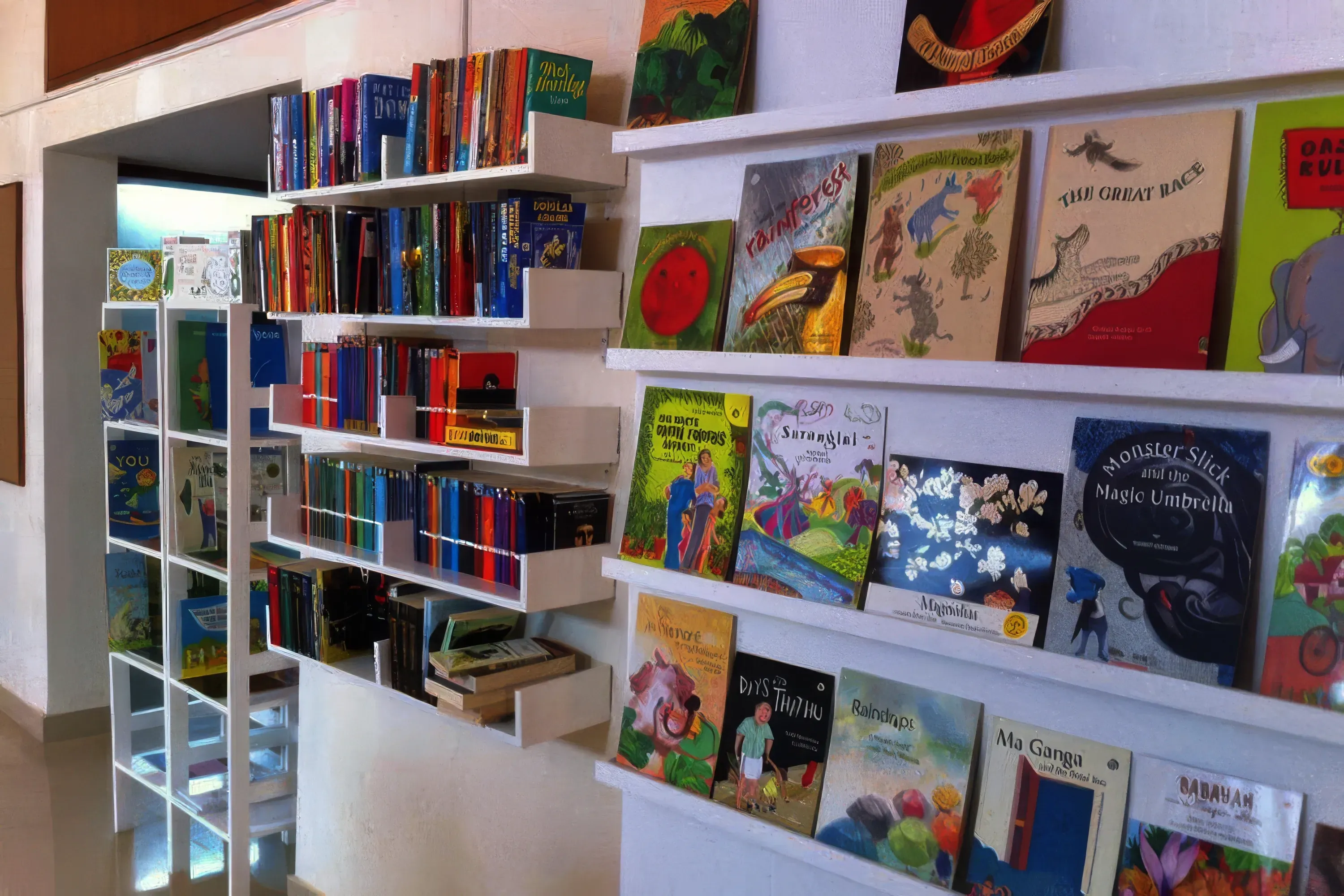The Art of Reading

The question of whether I am a good reader or not may seem absurd, especially when attempting to initiate a thoughtful discussion on reading. I don’t claim to be a writer, nor do I profess to possess any exceptional writing skills, but I do have a deep love for reading. They say the type of books one reads often reflects their attitude and personality. For me, cultivating a habit of reading has always contributed to a wholesome sense of well-being, although I acknowledge that, for many, books serve as a means to lull oneself to sleep.
I am not particularly selective about the subjects or authors I choose to read. Once I discover a new writer I enjoy, I make an effort to explore their other works. Over the last 5-6 years, there are only two books that I started but couldn’t finish – Salman Rushdie’s ‘Satanic Verses’ and Amartya Sen’s ‘The Argumentative Indian’. This raises the question: Am I not a good reader, or is there something amiss with these renowned books?
My journey into the world of books takes me back to my childhood. My brother and I were avid readers, thanks to our mother who instilled this habit in us. Transitioning from vividly illustrated comics to lengthy, imageless books with no diagrams was a challenging shift, but I don’t blame any child for frowning at the idea.
Our love for reading was not only recognized but appreciated by others who gifted us wonderful books as we grew. Considered bookworms, we even saved money received from elders to buy firecrackers during Diwali. For us, the philosophy was simple – a book lasts longer than a firecracker, and you can always reread books. Today, we still have those well-preserved collections to revisit.
In the current fast-paced work environment, many miss out on the joy of reading in this manner. Unfortunately, it is only during times of grief, loneliness, or insomnia that some of us seek refuge in reading.
I’ve read various works by Salman Rushdie and particularly enjoyed ‘Haroun and the Sea of Stories’. It became my favorite, discovered only later that it was published after his most controversial work, ‘Satanic Verses’. While in the US, I attempted to borrow the latter from the public library twice but got bored and couldn’t follow the story after a few chapters. The mystery of who might have read and understood the content before the book was banned still lingers.
Returning to ‘The Argumentative Indian’, a collection of works by Amartya Sen, I found the footnotes and references excellent, but I couldn’t align with the writer’s views on recent India. Some words required frequent consultation of a good English dictionary. Perhaps, being a young Indian, I view India from a different lens. I found Sen’s perspective on recent Indian history to be inaccurate and one-sided, with academic references detached from ground reality and views skewed towards recent political history. Although Sen possesses extensive knowledge about Indian history and culture, I refrain from making any definitive comments on it.
In conclusion, these two books failed to captivate me enough to finish them. Perhaps, one day, I will attempt to complete them and give them another read. Until then, happy reading.
About the Author

Santanu
A nature lover, runner, travel enthusiast, and occasional baker. He dives into web development and cloud technologies, always exploring and building with curiosity.
View all posts →

